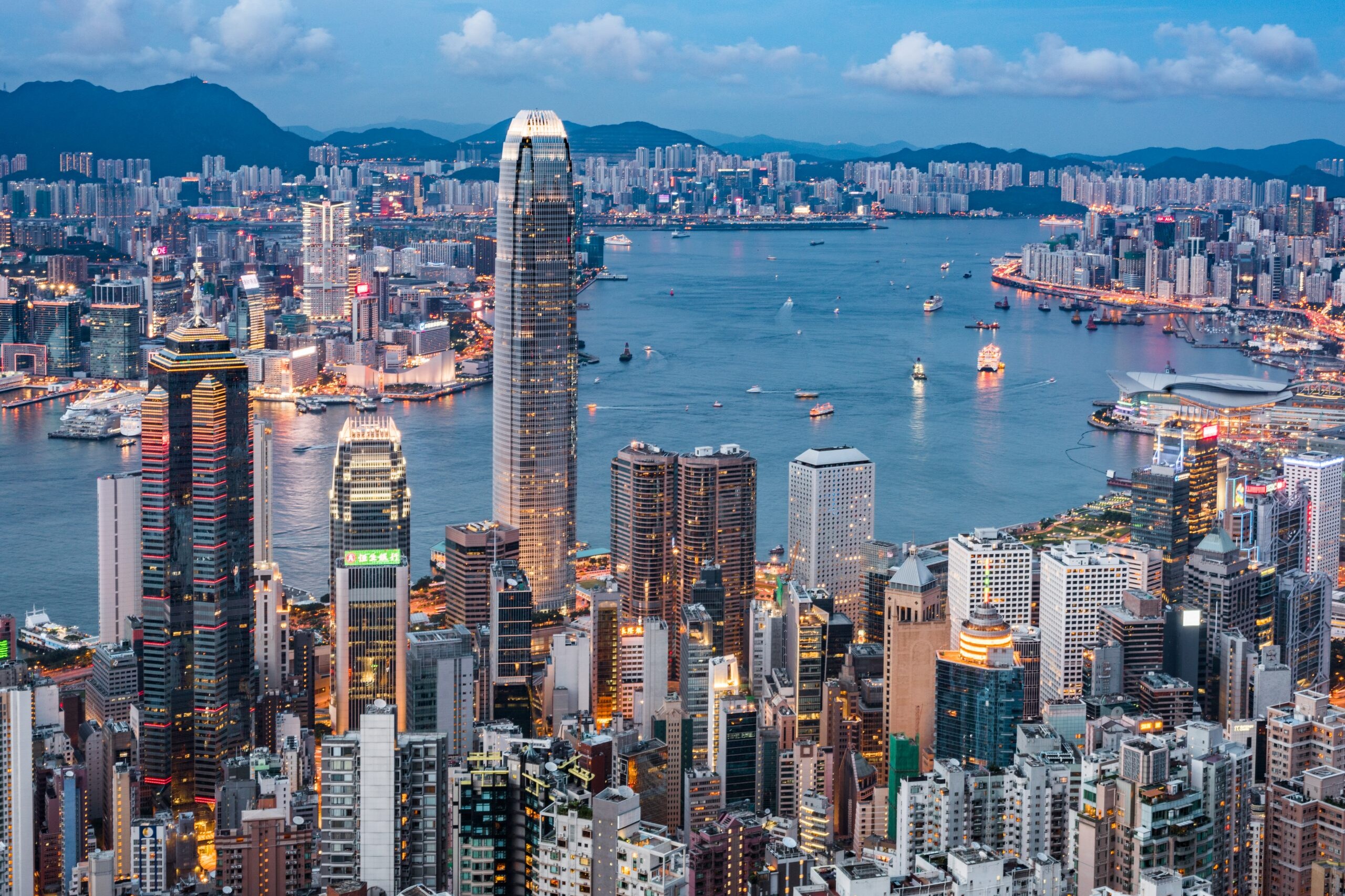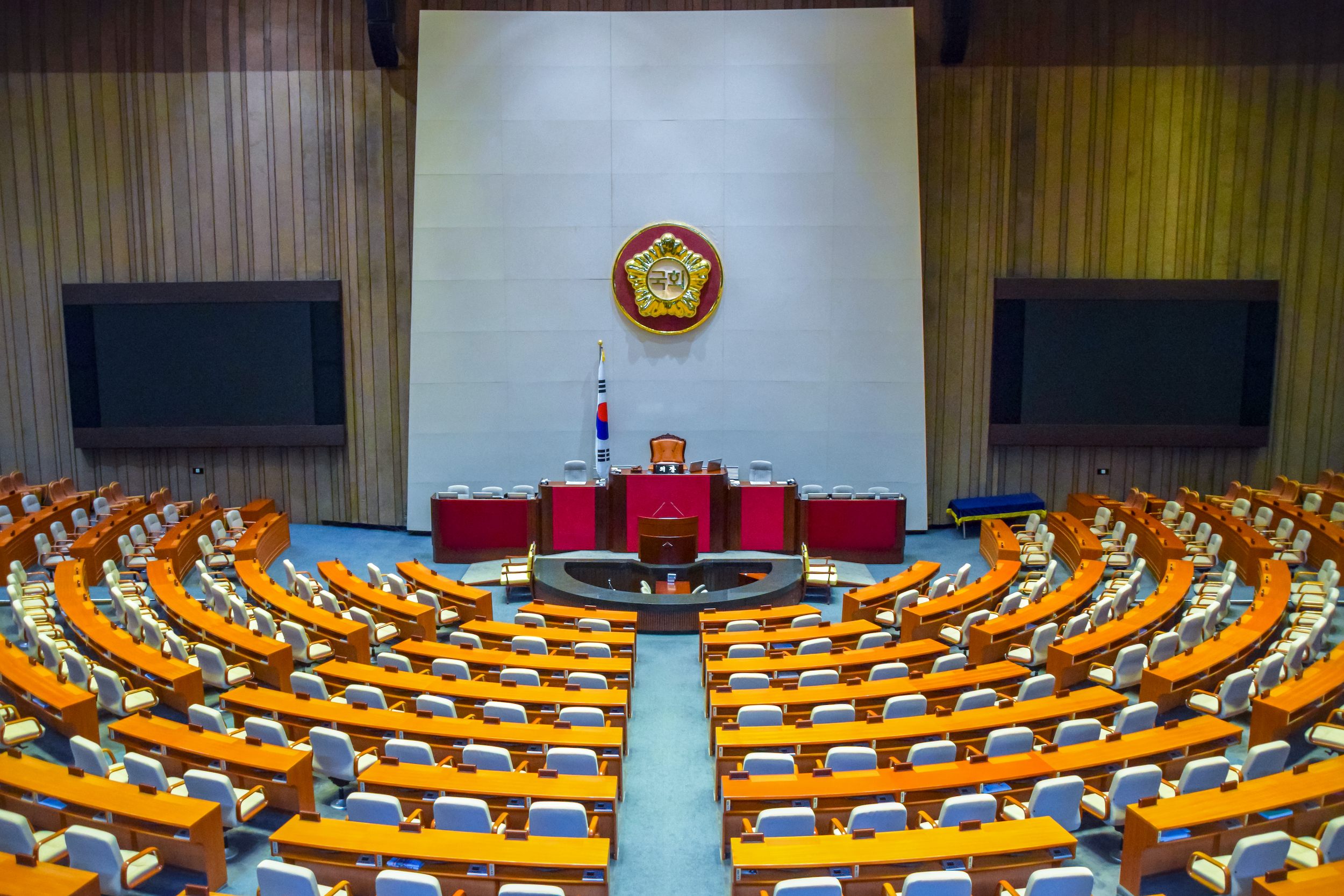Fears that new law could be used to stop both independent domestic and foreign media from reporting critically on authority.
Late on Monday evening, the Singapore Parliament approved the Foreign Interference Countermeasures Act (FICA).
According to the AFP, the Law and Home Affairs Minister, K Shanmugam, said the intention of the law is to protect Singapore from “hostile information campaigns” being carried out online by foreign actors. Under the powers granted by the law, the authorities will be able to respond to covert attempts by those deemed to be interfering in domestic issues by sowing seeds of unrest and amplifying misinformation. The Straits Times explained that these responses can include compelling “online platform, Internet service providers and website operators … to block certain accounts or content in Singapore,” or arresting and prosecuting those found responsible.
This law is of concern to media watchers worldwide on several counts. Firstly, the language of the law is vague, and leaves a large amount of discretion as to what actually constitutes ‘foreign interference’. Domestic media organisations can be included within this if activities are being carried out on a foreign entity’s behalf. As RSF explains, this could be anything from “shares in a company, a commercial contract or even an informal collaboration provided free of charge.”
Read more: The rise of “fake news” laws across South East Asia
Secondly, there are fears that the law has been designed to intimidate domestic media through disproportionately punitive responses. Failing to disclose any involvement of foreign individuals or organisations could carry with it up to 14 years in prison, and a fine of 100,000 Singaporean dollars for an individual, or 1,000,000 Singaporean dollars for an entity. The Ministry of Home Affairs will also have the authority to stop any publication of content, by blocking any Internet address, app, or social media.
“Above all, under the pretext of preventing possible foreign influence on the state, this bill institutionalises the persecution of any domestic entity that does not toe the line set by the government and ruling party, starting with independent media outlets,” said Daniel Bastard, the head of RSF’s Asia-Pacific Desk. “As it stands, this utterly Kafkaesque project contains within it the seeds of the worst totalitarian leanings.”
Thirdly, even large, international media organisations could find themselves victims of FICA. Mr Shanmugam told The Straits Times that while FICA would not be used against a singular article which is critical of Singapore written by a foreign press organisation, it could be used if authorities deemed such an article as part of a larger hostile campaign that targets Singapore. Mr Shanmugam said even legitimate media organisations have been used as a front for such activities, “so you cannot give a carte blanche exception.”
FICA is already impacting some independent journalists. “At this stage, we don’t know whether, how, how often the government will exercise such powers,” said freelance journalist and civil liberties activist, Kirsten Han. “But this adds to the existing minefield that independent media practitioners have to navigate in Singapore. … I think FICA will just add to the sense that writing critically about Singapore politics is risky. If you’re running a media business, you might prefer not to take this risk, while independent outlets that want to provide alternative views on local politics might feel less secure in their ability to do their work.”
Attacks on ‘foreign interference’ not isolated to Singapore
The ability of both domestic and foreign media to report freely in a country is a basic tenet of a liberal democracy. In Singapore, this is becoming increasingly limited, especially since the passing of the so-called ‘fake news’ law in 2019. The country now ranks 160th out of 180 on RSF’s World Press Freedom Index. A few weeks ago, The Online Citizen – an alternative media website, which often ran stories critical of the ruling party – had its license suspended by the regulator. Phil Robertson from Human Rights Watch described the decision as “outrageous and unacceptable censorship, disguised as government regulatory action.”
Unfortunately, laws with implications to pluralism and foreign press are becoming more common. In Poland, a bill is once again before the lower house of parliament (Sejm) which would greatly curtail non-European ownership of Polish broadcasters. Most vulnerable to the bill is TVN, one of Poland’s largest private broadcasters, owned by US group Discovery. If it passes at its next reading in the Sejm, Discovery could be forced to sell its majority stake, prompting fears it could change its editorial direction.
In Turkey, during wildfires earlier this year, independent and foreign-funded media had limits placed on them as to what they could report. While in Hungary, Prime Minister Viktor Orbán, has managed to effectively dismantle the country’s independent media landscape.
PMA shares concerns that FICA could be used to further suppress and censor open discussion, restrict critical voices, impede sources of funding, and intimidate both domestic and foreign journalists committed to holding power to account. These journalists also potentially face extraordinary fines or even jail sentences, if they are deemed to be pursuing a “hostile information campaign.” While a free media landscape is vital to the success of any democracy, it is especially concerning to see such restrictive laws being implemented around the world during a global pandemic – at a time when publics need independent, quality and accurate sources of information most.
Header image: Singapore Parliament in downtown with blue sky. Credit: f11photo / shutterstock.com
Related Posts
5th October 2021
Hong Kong: Tightening grip of the National Security Law
New crimes are being prepared under the…
29th September 2021
South Korea: Proposed vote on ‘fake news’ bill postponed
The final vote on a proposed bill that…
13th September 2021
Poland: Senate rejects controversial media ownership bill
Bill criticised as a serious threat to…
1st August 2021
Poland: Anti-foreign media amendment inches closer as TVN24’s licence is suspended
With the suspension of TVN24’s licence…


